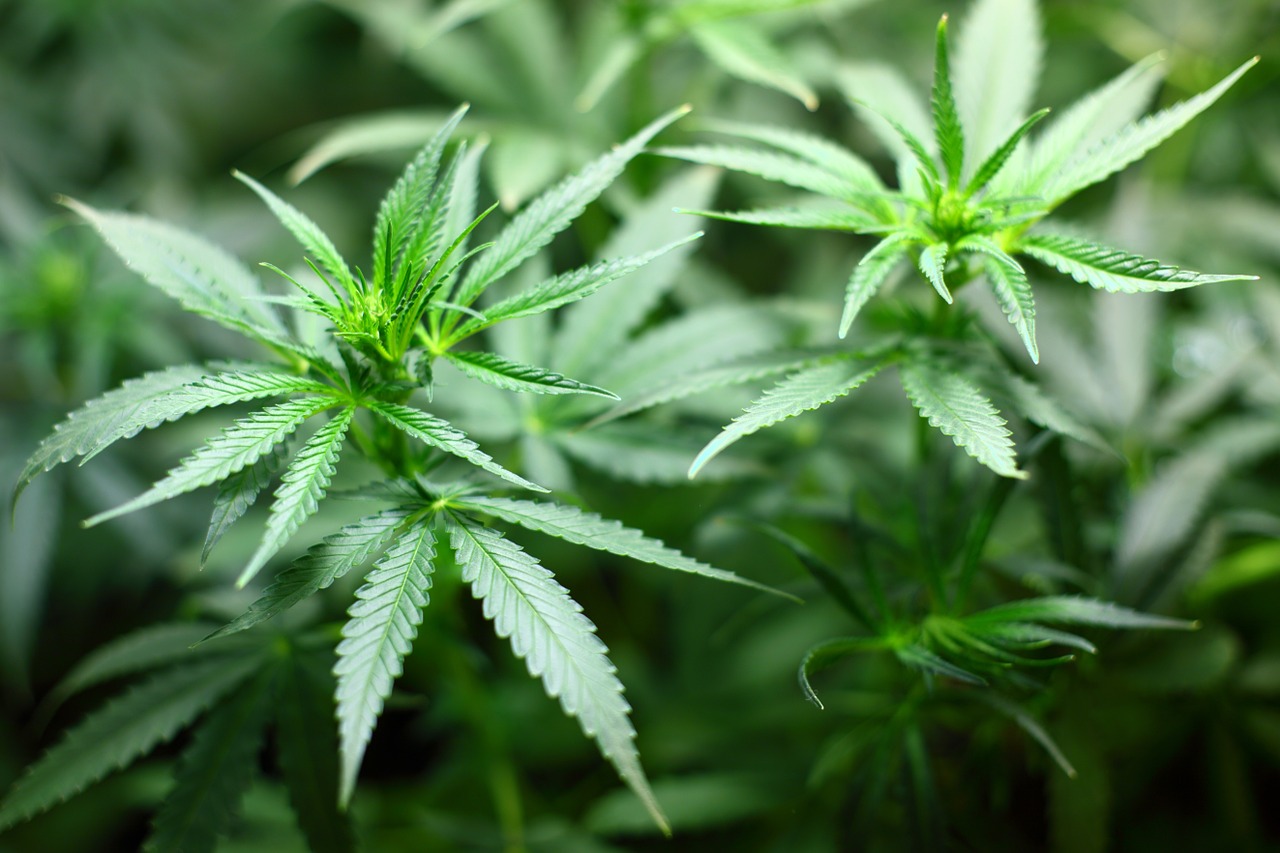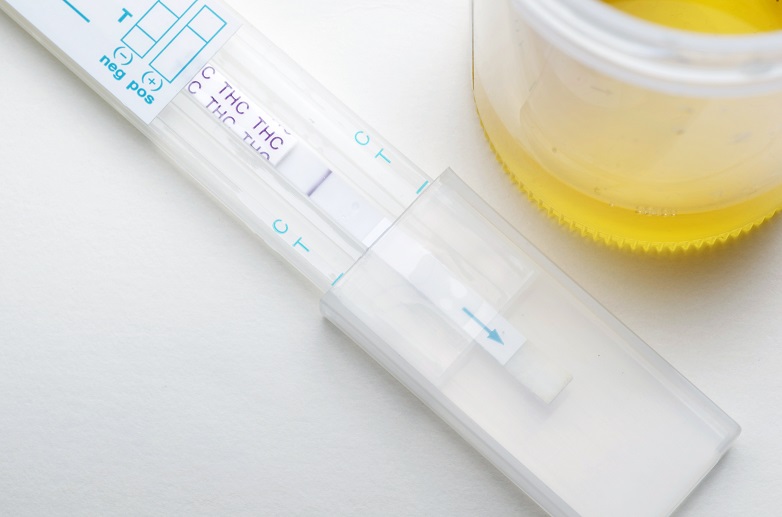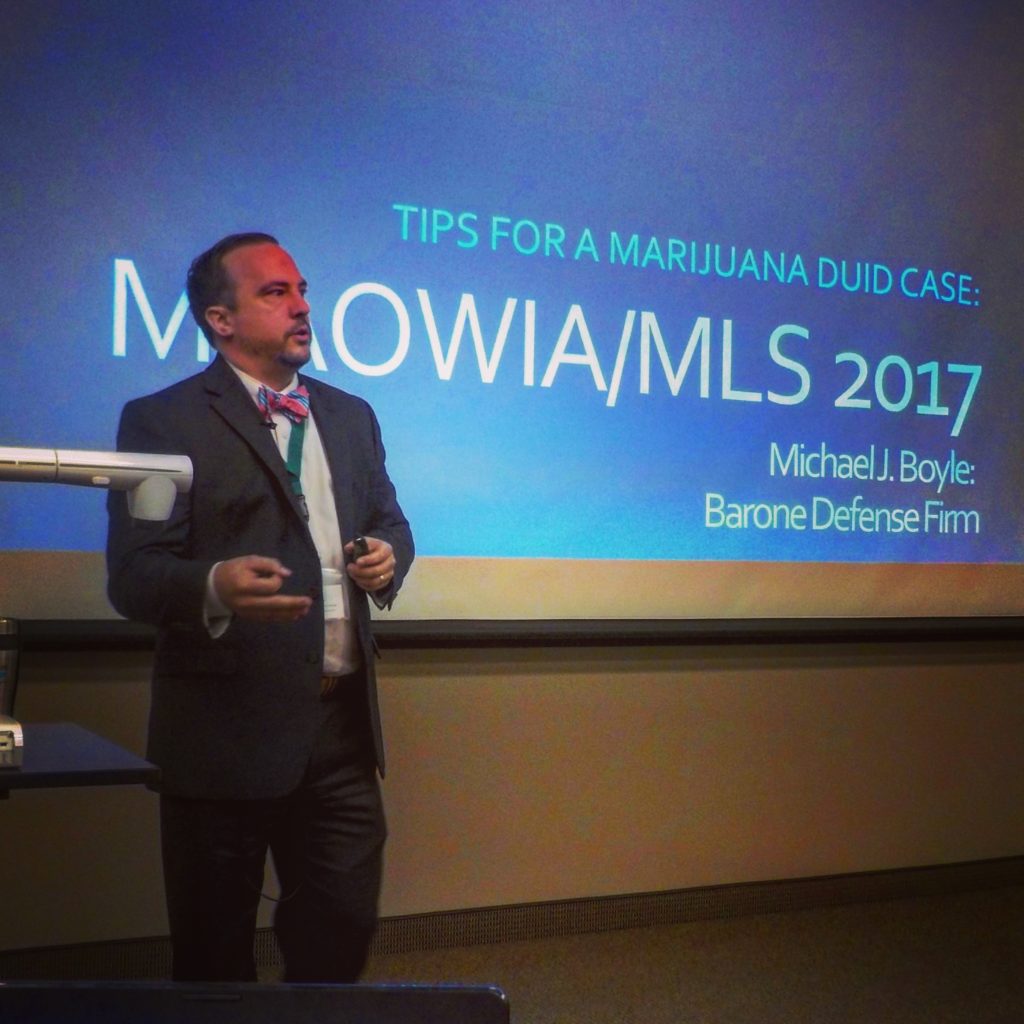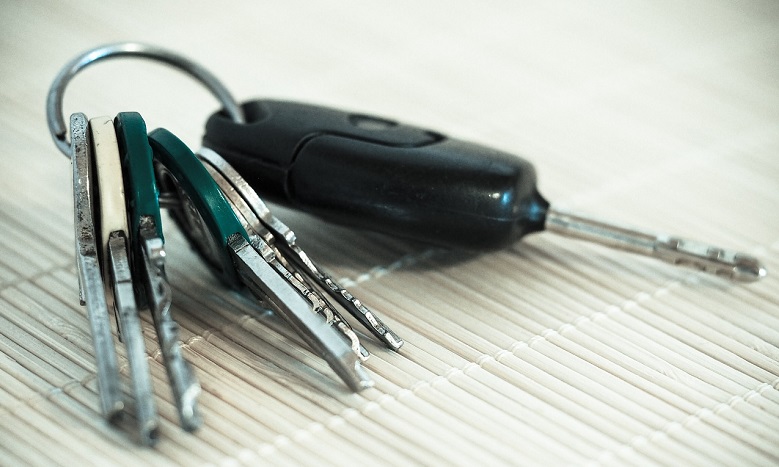Search
Am I Responsible for Drugs in a Car I am Driving?

Yes, it is possible for you to be arrested, charged and convicted of a drug charge for drugs found anywhere inside a car you are driving. Because of the concept of constructive possession, you can be charged even if the drugs don’t belong to you. Provided you have knowledge of the drugs, and the right to control them, you can be charged with possession of drugs that are not actually in your purse or pocket. If there are enough drugs, and other “indicia of intent to sell” you can also be charged with delivery of drugs, a much more serious crime. This concept of constructive possession can be applied to marijuana, unlawful prescription drugs, drugs like heroin, cocaine, meth. and many other drugs.
It’s always good to remember that an arrest is not a conviction, and just because the police can charge you with a crime does not mean the prosecutor can prove it happened. Once you’ve hired an experienced drug crime lawyer, he or she will be looking for various ways to defend and win your case. If you encountered the police while driving a car, and during the encounter, drugs are found, your lawyer will first want to determine if there is a search and seizure issue. If the police violated your fourth amendment rights during the encounter, then this can result in the suppression of any evidence found. Since a drug charge is dependent on evidence of drugs, suppression of the evidence will often lead to dismissal of the charges.
If your car was stopped by the police, then your lawyer will also want to examine the record to determine if the vehicle was lawfully stopped. This is a different kind of search and seizure issue, and just as with the drugs, if your fourth amendment rights were violated by the traffic stop, this can also lead to the dismissal of your case. This is based on the “fruit of the poisonous tree” doctrine, which essentially stands for the proposition that any evidence found after the unlawful stop is inadmissible as evidence.
 Michigan Criminal Defense Lawyer Blog
Michigan Criminal Defense Lawyer Blog






 If you are stopped under suspicion of drunk driving, and your breath test proves you’re not under the influence of alcohol, you still might be arrested for DUI based on drug impairment. This can include prescription medications.
If you are stopped under suspicion of drunk driving, and your breath test proves you’re not under the influence of alcohol, you still might be arrested for DUI based on drug impairment. This can include prescription medications.